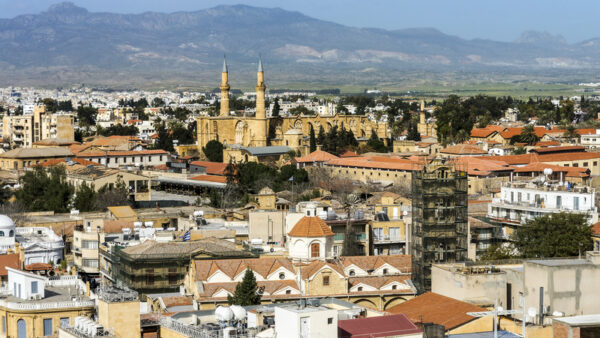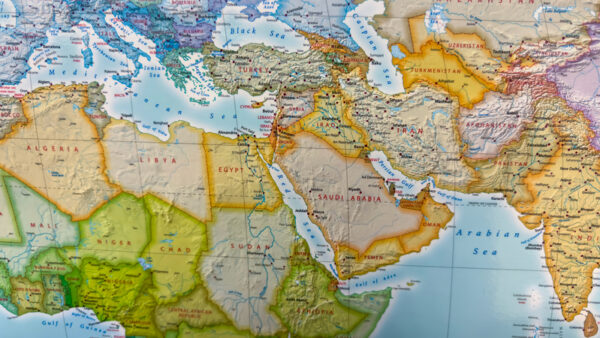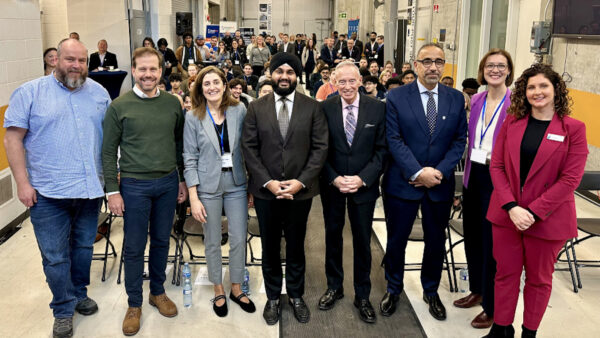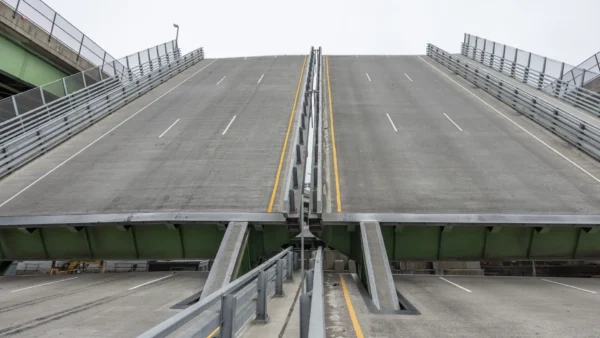After partial reforms last year, Qatar is to abolish controversial exit visas for all its foreign workers by the end of 2019, it has been announced.
The move to include every group of migrant labour in the tiny Gulf state will appease critics angry at certain categories being excluded from last year’s reforms.
The changes ended the need for construction workers building stadiums for the 2022 World Cup, which Qatar is hosting, to get permission from their employer to leave the country.
Previously, the exit visa requirement enabled unscrupulous bosses to confiscate paperwork and prevent employees from returning home.
But when Qatar’s Emir passed the new law last September there was anger from Human Rights Watch, which said that several key groups of workers had been left out.
Among those excluded from the reforms were workers in the military, public sector and domestic work.
The UN’s International Labour Organisation’s Houtan Homayounpour said on Friday: “Last year the exit visa was eliminated for the majority of workers, this year that will be extended to all remaining categories of workers.”
Under its reforms last year Qatar agreed to end the hated ‘kafala’ system of sponsored labour, under which employees had to get the permission to leave the country.
Kafala exists throughout the Gulf region and affects around 20 million workers.
Qatar had came under pressure from international labour and human rights groups over the conditions of migrant workers building stadiums and infrastructure for the 2022 World Cup.
Homayounpour, head of ILO’s project office in Doha, said “this year is a big year” for migrant workers and the exit visa system “will be officially eliminated” by the end of 2019.
In February, Qatar announced it was committed to following through on its reforms after an Amnesty International report said it was failing to stop widespread labour abuse.
Doha said it was on course to deliver “lasting” change after the human rights group said it was “running out of time” to implement reforms ahead of the World Cup in three years’ time.
Qatar has also stuck to its pledge to introduce a monthly minimum wage of £160 and is working closely with the ILO, which has set up an office in Doha.
Last week FIFA announced it had written to Amnesty International and other human rights groups over a proposal to expand the 2022 World Cup in Qatar to 48 teams, which would entail finding another country to co-host.
Kuwait, where the kafala system still operates, is thought to be the only option and migrant labour would need to be used to upgrade its two stadiums so they meet FIFA requirements.
FIFA Secretary General Fatma Samoura promised there would be an “assessment of human rights risks and possible opportunities associated with expansion”.
She added: “We are convinced that mega-sporting events such as the FIFA World Cup can help drive positive change that has a real impact on the lives of people in the hosting countries.
“FIFA has been engaging closely with its Qatari counterparts over the past four years to foster such progress in the area of labour rights but also with respect to other human rights-related areas of relevance to the FIFA World Cup Qatar 2022.”
With reference to expanding the World Cup to include Kuwait, Sylvia Schenk, member of the FIFA Human Right Advisory Board, said there were concerns over human rights as “time pressure is always adding to the risks”.
- Freelance journalist Anthony Harwood is former foreign editor of the Daily Mail, and former Head of News at the Daily Mirror.
Image: Migrant workers at the Al Ghanim Central Bus Station in Doha, Qatar (Alex Sergeev/CC BY-SA 3.0)
Comments
Comments are closed.







I congratulate the Qatar government for the step taken on salaries and visas. My humble request is for the government also to follow on security guards salaries as well.
90% of security guards are paid a salary of below 1400qr per month for 12hours without a day off which is not enough for daily use,family use and education. Thanks